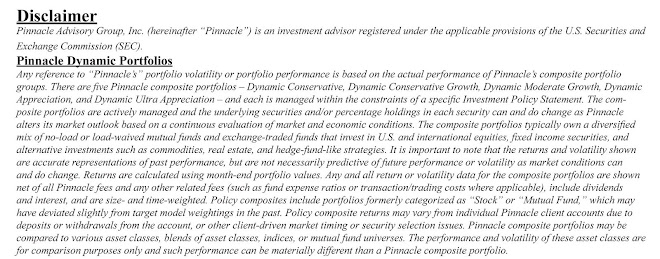The value of the RMB has been appreciating slowly versus the U.S. dollar since July 2005, having dropped from just over 8 RMB/dollar to approximately 6.83 RMB/dollar today. Many believe a partially pegged currency has artificially created a cheap currency for China, which has helped fuel their export-driven growth boom. With economic growth rates far in excess of developed countries, and with Chinese officials signaling that they’re prepared to pull back the reigns to avoid the potential for another massive boom/bust cycle, we may be nearing a point where it makes sense for them to let the RMB rise. However, a key concern for them is whether Chinese domestic demand can support a stronger currency. There seems to be no doubt in the investment community that the RMB is undervalued, and that in the long term it appears destined to appreciate versus the dollar. The question is one of timing and magnitude.
Our best guess for now is that a continued slow appreciation of the RMB will likely coincide with their progression towards becoming a fully industrialized nation. Even those analysts who are predicting a rise are looking for a very moderate move of anywhere between 3-5% this year. That may not seem exciting, but we have been toying with the idea of adding some RMB currency exposure to select fixed income portfolios that we manage due to the very low short-term interest rate hurdle that exists. Currently, real interest rates appear a bit expensive and so for now we’ve decided to watch and wait for a better entry opportunity. But when the time is right, there are a few ETFs that we can access in order to gain exposure to the Chinese RMB.


